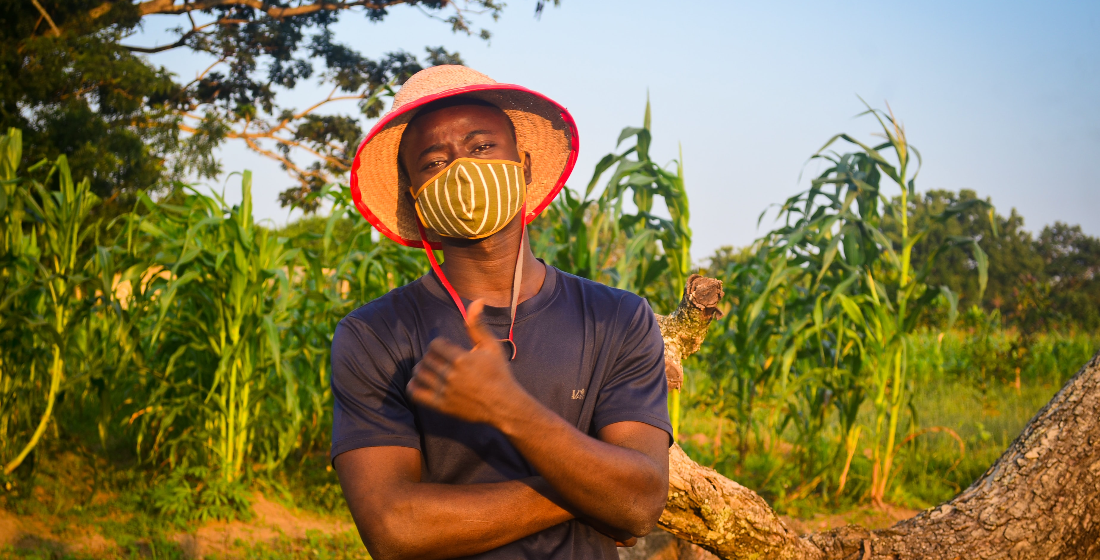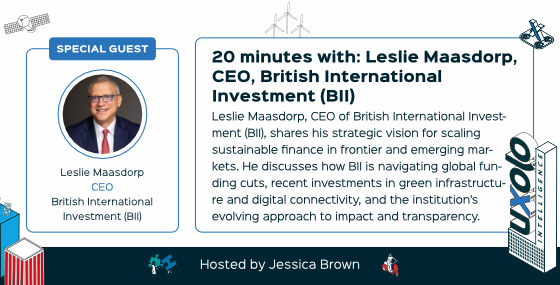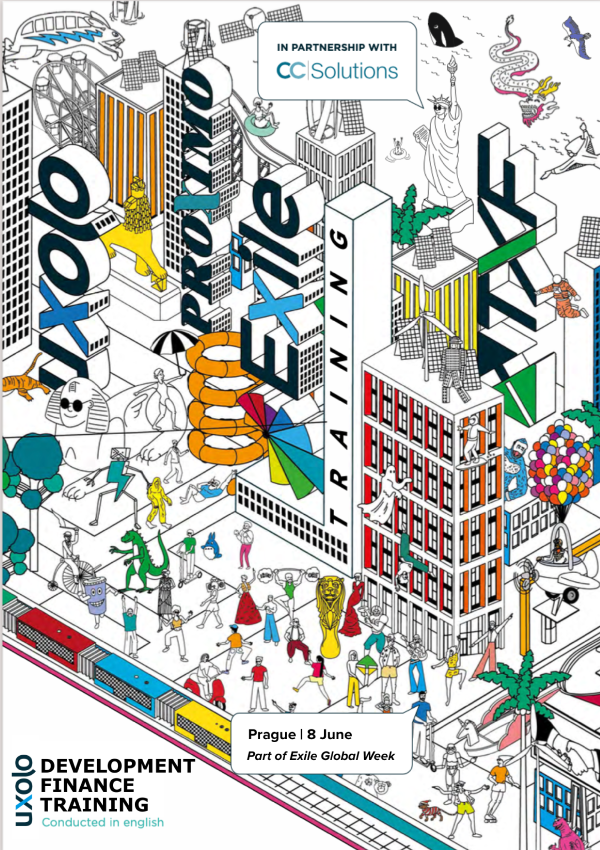DFIs and impact investors crowd into Phatisa’s $143m African food fund
CDC, Norfund, Finnfund, FinDev Canada, and BIO have all committed to the fund, which will invest across the African food value chain in order to reduce the continent’s reliance on food imports.

Phatisa, the African private equity fund manager, last month reached a final close on its $143 million Phatisa Food Fund 2 (PFF 2), gathering DFIs and commercial investors together to boost the supply of quality food in Sub-Saharan Africa – where an estimated 239 million people are affected by food insecurity.
A group of leading development finance institutions (DFIs) and impact investors – CDC Group, Norfund, Finnfund, FinDev Canada, and BIO – made a joint commitment of $82 million. “The opportunity to invest in food and agriculture is important to the DFIs because it’s a sector that has historically been very under-funded,” says Clarisa De Franco, managing director & head of private equity funds at the UK’s development financier, CDC. “DFIs have a really important role to play in increasing the availability of financing for this sector, which itself is really critical for Sub-Saharan Africa.”
Reducing Africa’s food security gap
PFF 2 will invest across the African food value chain, considering investments in mechanisation, inputs, poultry and meat production, food processing and manufacturing, logistics, aggregation and distribution across Sub-Saharan Africa – aimed at strengthening and increasing food supply, local production and distribution across the region.
“Specifically it’s trying to reach the bottom-of-the-pyramid consumers,” explains De Franco. “Africa continues to be a net importer of food, with hundreds of millions of people affected by food insecurity – and that’s just been highlighted even further by Covid.” According to the African Development Bank (AfDB), rapidly rising net food imports are expected to grow from $35 billion in 2015 to over $110 billion by 2025.
The fund, via its investment in companies in the food value chain, will target over 90,000 small-holder farmers and micro-entrepreneurs and aims to create over 2,000 permanent jobs and sustain another 10,000 jobs. It will follow in the footsteps of Phatisa's African Agriculture Fund (AAF), which has created more than 1,800 jobs and benefitted 86,000 farmers operating in over 20 markets across the continent.
Building on AAF, PFF 2 aims to enable small-holder farmers and micro-entrepreneurs to develop their skills, broadening access to markets and economic opportunities. The new fund will also address access to, and affordability of products among farmers and promote smart agricultural methods – enhancing crop resilience, reducing food loss and waste by 50% in the companies it finances, while increasing outputs, yields and incomes.
Says De Franco: “For example, Phatisa has invested in a company called Farming & Engineering Services, which is an integrated agricultural solutions company. It recently launched a drone services division based out of Malawi (which will also be rolled out to Zambia later this year) that uses drones for precision crop spraying and to assess the health of the crops using things like topographical surveys and thermal imaging. Innovations like that will make a massive difference to yield on the continent.”
“Not for of a lack of food-production opportunities”
PFF 2 is a 10-year closed-end fund, with a five-year commitment period. Re-investments represented 88% of total commitments and, of the consortium of DFIs and impact investors, CDC committed $30 million, Norfund $20 million, Finnfund $15 million, FinDev Canada $10 million, and BIO $7 million.
Historically, even when there has been funding available for the sector, the returns have required considerably longer than an investor would typically want to wait. The continent’s vast food security gap, De Franco maintains, is not for of a lack of food-production opportunities but rather because, as well as weather and climate effects that affect the underlying crops and require long investment horizons, the continent faces challenges with infrastructure such as poor-quality roads, logistics issues with things such as refrigeration, and low agricultural yields, which pushes up the cost and complexity of producing sufficient amounts of food. “As a result, the need to import food from other parts of the world is increased,” she adds. “So things like agricultural inputs, logistics, processing and packaging need to be enhanced to be able to improve production and distribution around Africa.”
To validate the sustainability of the investments, Phatisa will provide the investors with data on each investment on a quarterly basis. They will also receive an annual ESG report, which ranks each of those investments against the IFC performance standards and how they’re tracking against metrics such as jobs, taxes paid, company-level debt, greenhouse emissions, among others. “We request all our investees to sign up to a code of conduct policy that seeks to ensure responsible investing, and CDC has enforceable rights if the fund does not meet those standards,” says De Franco. Some of those metrics will be taken by the fund manager itself and others by an independent third party.
“Small-holder farmers account for about 60% of Sub-Saharan Africa’s population. So the fund is expected to improve the livelihoods and opportunities for them, as well as the SME enterprises that form part of that value chain. So by investing in the fund, we’re hoping to support that whole value chain,” concludes De Franco.





